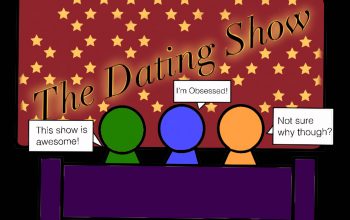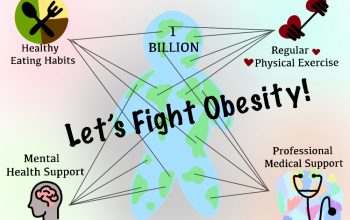How we should decide where to draw the line
Micah Ryu CONTRIBUTOR
How we should decide as a society where to draw the line.
The right to free speech is one of the fundamental characteristics of any liberal democracy, perhaps second only to the right to vote. However, every society must decide where to build the fence separating out the speech that is to be deemed unacceptable or hateful. An easy example of such speech is that which openly calls for the genocide of any distinguishable group. However, in identifying hate speech, there need to be certain safeguards in place so that freedom of expression is not hindered.
That may sound fair and uncontroversial, but applying those statements to real–life scenarios can sometimes seem tricky. Could we define hate speech as simply any speech that could potentially hurt others? That would include nearly all speech imaginable. What about speech that is likely to cause harm to others? That could potentially prohibit criticism of any kind towards anyone. How about speech that is certain and intended to cause harm to others? Well if personal insults were illegal, we might all go to jail. Even though that is not a severe case, we want our laws to work relying on facts, not intuition. The problem with the “know it when you see it” approach is that we create unnecessary ambiguity in our legal system through it. Besides, we already have libel laws for the cases where “insults” cause damages and are demonstrably false.
So what speech should we include in our basket of hate speech? Should we fine or jail individuals who perpetuate hateful and preposterous anti-semitic conspiracy theories? Think about it this way: if we made it illegal to entertain moon landing or 9/11 conspiracy theories, would that increase or decrease the number of people who think those conspiracies have some merit? The adversarial view of the government held by many people means that when the government bans ideas, those ideas are likely to become more popular, thanks to a cognitive bias known as ‘reactive devaluation.’
Statements that make us extremely uncomfortable and angry, such as the notion that there are genetic differences between races that amount to any sort of superiority or inferiority, are best dealt with in the open where they can be debunked. And indeed, those notions have been debunked thoroughly by study after study. However, if the proponents of such views are barred from making their case, we run the risk of letting these ideas simmer under the surface and even spreading to a silent majority.
The conclusion is this: ideas, as horrendously reasoned or despicable they can be, need to be protected. Criteria as subjective as “inciting hate” or “making people feel bad” cannot be the basis for which a right as fundamental as the one of expression, be taken away, lest our society fall into state-sponsored McCarthyism. If we stand idle while the ideas of others become illegal, there is nothing stopping our own opinions from someday becoming illegal as well.



